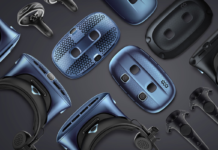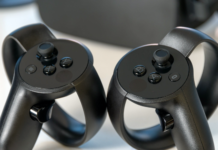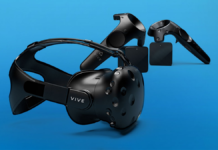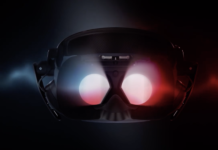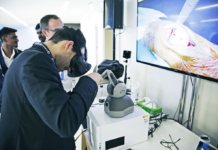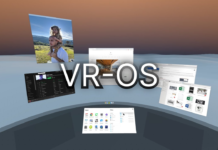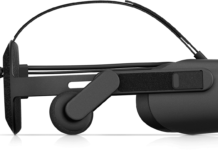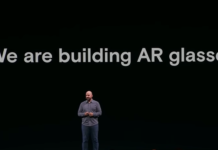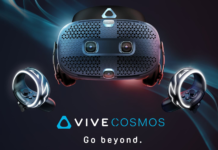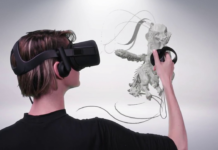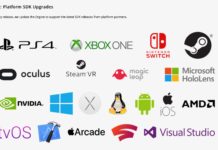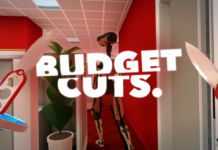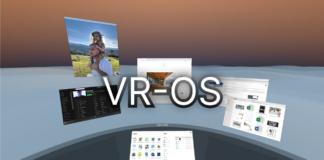This has not been the perfect release month for the HTC Vive Cosmos. This headset wasn’t highly anticipated by many, even though it was being released by one of the most trusted virtual reality companies in the world. The Cosmos has a price that is unattractive to many, a tracking system that seemed questionable even before the release, and even a lack of promised perks that came with the headset. There wasn’t much reason to buy this headset upon release with the Index and Rift S already being on the market, and there isn’t much reason to buy this headset now either.

Now with a new update coming to the Cosmos in late October, the company is looking to make amends with customers who are dissatisfied with the level of tracking of headsets, and hope to pull some new customers in with this update as well. In a recent blog post from HTC Vive, the company addresses multiple problems that are seen by the community. You can click on the link to see the full post, and for viewing purposes, we will include the meat of the post below.
“We have seen the community feedback and are continuing to work to improve tracking overall. Our next update targeted for beta at the end of October will work to improve the following scenarios:
HMD:
- Improved low light tracking, with better prediction during fast movements
- Reduced tracking jitter
- Compatibility for Vive Wireless Adapter
Controllers:
- Low light tracking stability – we will be continuously improving tracking accuracy in low light conditions
- High brightness tracking stability – we will be improving tracking accuracy in high brightness environment
- Overall improvement for prediction models when a controller exits the headset’s FOV
- Faster and more accurate positional recovery when returning into the headset’s FOV
- Improved near HMD tracking, which should improve archery mechanics in games
- Improved slow movement occlusion tracking prediction
Additional updates will be disclosed with future releases.”
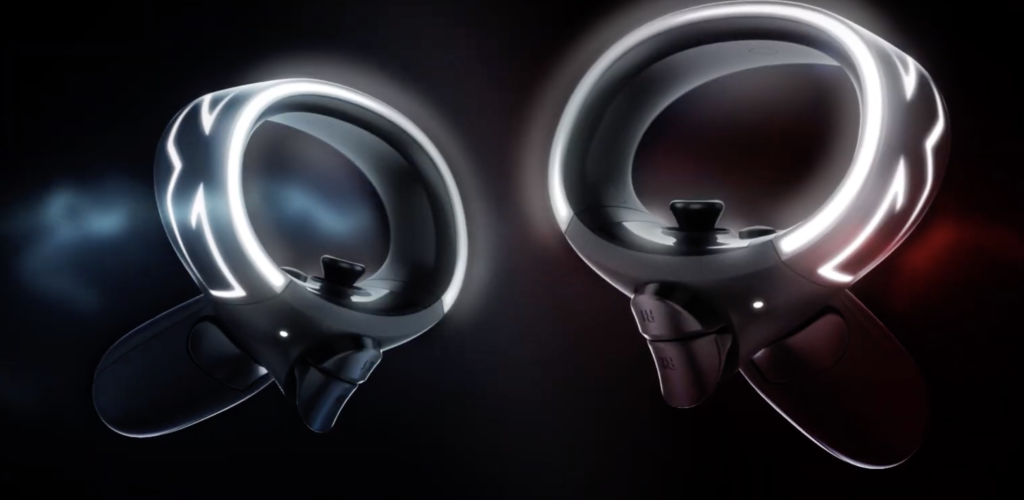
HTC is considering what the community has said as “feedback”, but the community has been pretty harsh. It seems like it is more of bashing, but it is fantastic to see the company actually doing something about it this quickly. When there was problems on with the Rift S tracking and blacking out, it looks months for Facebook and Oculus to even recognize the problem. Even when they did, it took some time to get to the bottom of it and have a stable update on our headsets.
It is refreshing to see a company as large as HTC not be bitter about what they did wrong, but instead be ready to change anything they did wrong. Any other approach to these problems, and Vive could be out hundreds of thousands of dollars. The performance of the Cosmos is going to be hurting their bottom line for a few more months, and even longer if this update doesn’t make a huge difference right away. They released a beta update early on, but it never made a big enough difference to ensure that the problems with low-light tracking would be happening again.

The Cosmos had a hard time establishing a place in the community because of its performance and price. The price reflected that it should be almost twice as good as the Rift S, but with inside-out tracking, it was hard to believe it could get much better than what Oculus had already done with the Rift S. The Valve Index is head and shoulders above the Cosmos, and are two different headsets in every aspect. To get more sales, the Cosmos needs to show why it is priced what it is. Until then, HTC will continue to bleed. For more VR news and community updates, make sure to check back at VRGear.com.


